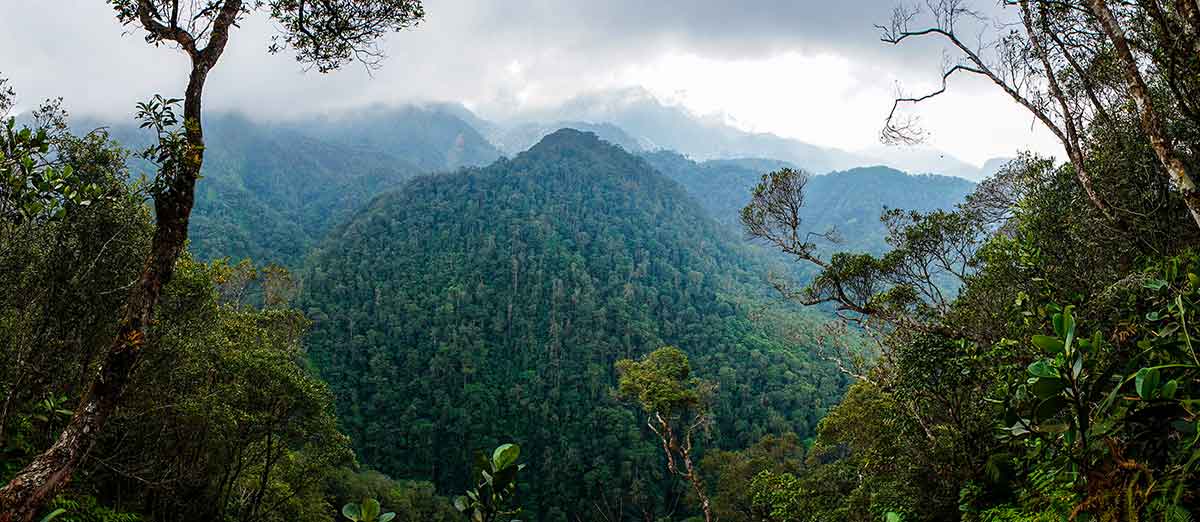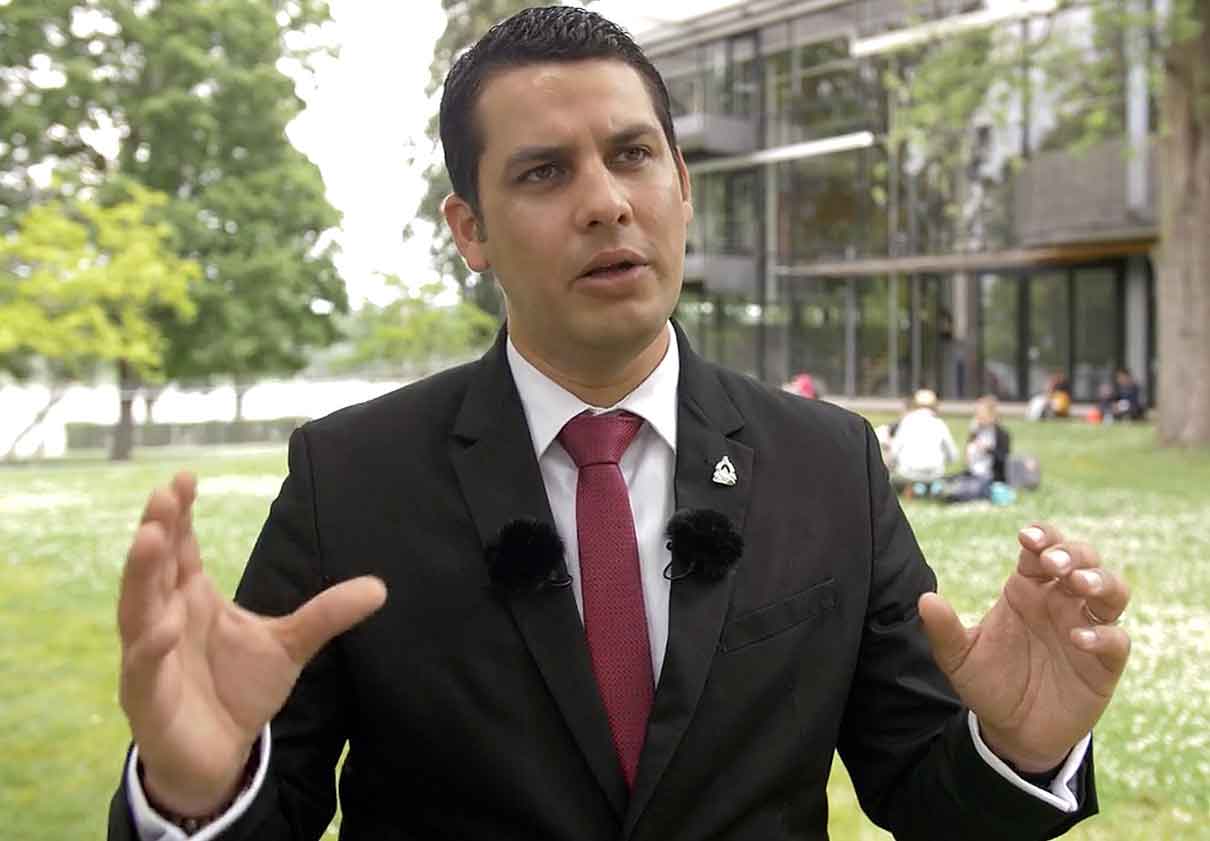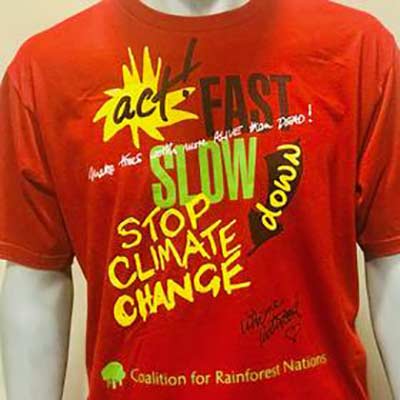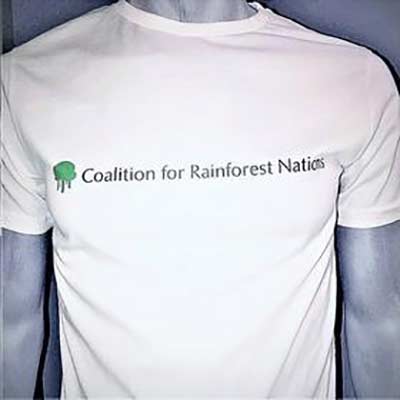
Honduras Imposes Moratorium on Voluntary Credits
June 21, 2022, New York
Honduras, a CfRN member country, is taking steps to preserve its rainforest and receive payments in exchange for forest preservation through the UNFCCC REDD+ mechanism. On June 24, the government imposed a moratorium the sale of so-called voluntary market carbon credits, meaning those that do not conform to the UNFCCC-accredited REDD+ mechanism. In addition, Honduras launched the InfoCarbono initiative to build up technical forest carbon data reporting expertise under REDD+.
The key points from the press release announcing the moratorium read as follows:
The Secretariat of Energy, Natural Resources, Environment and Mines (SERNA), in coordination with the National Institute of Forest Conservation and Development, Protected Areas and Wildlife (ICF), as part of the national process to update the forest management regulations, announces that, in order to reduce the potential social, environmental and economic risks and conflicts associated with the recent escalation in the sale of forest carbon credits in the national territory, declares, as of today, a national moratorium on the sale of forest carbon credits that are not duly recognized by the United Nations Framework Convention on Climate Change (UNFCCC) or the Paris Agreement. In order to avoid the colonization of carbon our forests.
It is important to highlight that this is not an isolated action carried out by the Honduran Government, but is part of a set of measures that many countries are taking globally and in order to safeguard the sovereignty of their forest carbon heritage. Furthermore, the Honduran Government has decided to complete the process of preparation of its carbon finance mechanisms, reaffirmed by the State, when ratifying the Paris Agreement. This is an effort to achieve environmental sustainability through the strengthening of long-term economic growth and the promotion of community livelihoods, along with the effective conservation of biodiversity. At the same time, it ensures that Honduras' forest resources are used in a sustainable and equitable manner to benefit the Honduran people.
Once the Honduran Government has completed the new forest carbon inventory, updated its REDD+ safeguards and strategy, consolidated its institutional arrangements, updated its regulatory frameworks, implemented the carbon accounting system (which allows for non-duplication), and the crediting process, the moratorium will be lifted, in order to receive and ensure the best possible national benefit.
Investments in Training
Importantly for developing in-country expertise, Honduras has launched the InfoCarbono Honduras 2022 initiative, designed to build up technical forest carbon data reporting expertise under REDD+. Technical training for the initiative is provided by CfRN within the framework of the Reporting for Result-based REDD+ (RRR+) project that provides technical assistance to developing countries, financed by the Government of Norway.
The data the InfoCarbono initiative gathers will form a key component of Honduras’s submission to REDD+, a program recognized under the Paris Accord that enables developing countries to receive payments in exchange for forest preservation.
Honduras is richly forested. The spine of the Nombre de Dios mountain range boasts a diverse range of forests, including moist tropical forests, cloud forests and dry pine. One of the largest contiguous rainforests in Latin America north of the Amazon Basin stretches from northeastern Honduras into neighboring Nicaragua. Honduras’s Río Plátano Biosphere Reserve, a UNESCO World Heritage contains some of the oldest-growth trees.
But Honduras has suffered rapid deforestation from cattle ranching and illegal logging. The loss of forest cover threatens indigenous communities, and the habitat of wildlife such as jaguars, giant anteaters, scarlet macaws, quetzals, the emerald hummingbird, and the endangered Baird’s tapir. Honduras is also facing problems with the supply of fresh drinking water. Most of the water sourced for rural households is surface water. Forests serve to filter and purify it, and as forests shrink, water in their natural catchment areas dries up.
The government of Honduras is working to fight deforestation and preserve ecosystem services like the role forests play for drinking water. The InfoCarbono Honduras 2022 initiative falls within a larger policy framework of President Xiomara Castro’s hydrographic basin conservation program, “Water and Forests for Life.” InfoCarbonoHonduras 2022 will be led by specialists from the Honduras’s Secretariat of Natural Resources and Environment (SERNA) and its Forest Conservation Institute (ICF), who will receive technical support from the Coalition for Rainforest Nations (CfRN).
CfRN’s technical experts led 2 in-country missions during May 2022. The CfRN team discussed how REDD+ monitoring and reporting could be addressed at the political and technical level, resulting in a one-week training for around twenty experts on the use of the CfRN’s Land Use assessment app in advance of an assessment of land use and land use change in July 2022.
The goal of this training and data gathering is ultimately to accurately measure and report the greenhouse gas emissions and removals of the forest and other land use sector, which will be the basis for an updated and improved calculation of the country’s forest reference level (FREL/FRL). The FREL/FRL is the baseline measure of a country’s emissions and removals from forests, against which its national forest preservation actions are gauged. As such, it is a prerequisite for all countries wishing to receive results-based payments under REDD+.
As a first step, the CfRN team will work with the InfoCarbono Honduras team to collect land use and land use change data to prepare a more transparent, consistent, and accurate inventory of greenhouse gasses (GHGs). The CfRN experts will instruct the Honduran team in IPCC reporting guidelines to ensure technical capacity is enhanced and GHG inventory reporting institutionalized. Draft estimations will be ready in time for the 2023 Conference of the Parties.
Honduras aims to submit its official FREL/FRL report to the international community for review in January 2024.
(Above) PANACAM National Park in Honduras

Malcolm Stufkens, Vice Minister of SERNA, the ministry that imposed the moratorium. Photo courtesy of Minister Stufkens.


